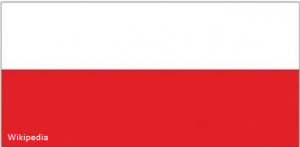 Im Interview mit Oliver Rohbeck, Senatsverwaltung für Finanzen Berlin (Abteilung II – Finanzpolitik und Haushalt)
Im Interview mit Oliver Rohbeck, Senatsverwaltung für Finanzen Berlin (Abteilung II – Finanzpolitik und Haushalt)
Gibt es rechtliche Bestimmungen/Vorgaben zu Gender Budgeting?
In Berlin führte der Verfassungsauftrag der gleichberechtigten Teilhabe von Frauen und Männern gemäß Artikel 10 Abs. 3 aufgrund der Senatsbeschlusslage seit 2002 und der Parlamentsauflage seit 2004/2005 zu der Besonderheit, dass Gender-Informationen systematischer Bestandteil des Haushaltsplans sind. Dabei stand immer der „nutzerorientierte Ansatz“ im Vordergrund, also die Analyse, wie Haushaltsmittel auf Bürgerinnen und Bürger wirken.
Die mit Artikel 10 der Verfassung formulierten Aufträge Geschlechtergerechtigkeit und Gleichstellung bieten durch ihre Verknüpfung mit den Haushaltsmitteln nicht nur ein Instrument der Haushaltstransparenz, sondern auch ein Werkzeug zur gezielten Steuerung des Budgets neben fachpolitischen, sozialpolitischen, migrationspolitischen und weiteren Fachzielen.
Die Rahmenbedingungen für eine einheitliche Vorgehensweise werden jeweils mit dem Aufstellungsrundschreiben zum Haushalt vorgegeben. Die bewährten Mittel zu einer geschlechtergerechten Analyse des Berliner Haushaltsplans sind:
Continue Reading Gender Budgeting in Berlin – Ein Blick über den Tellerrand

